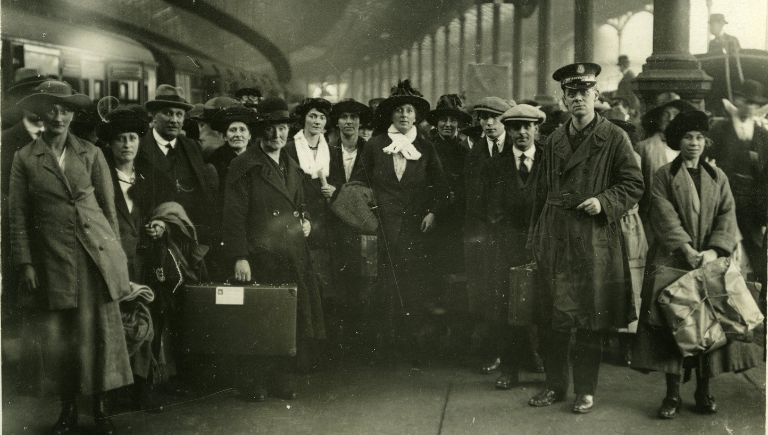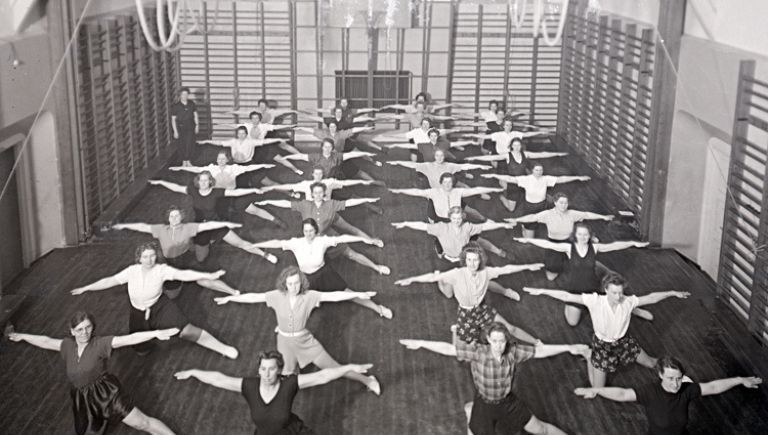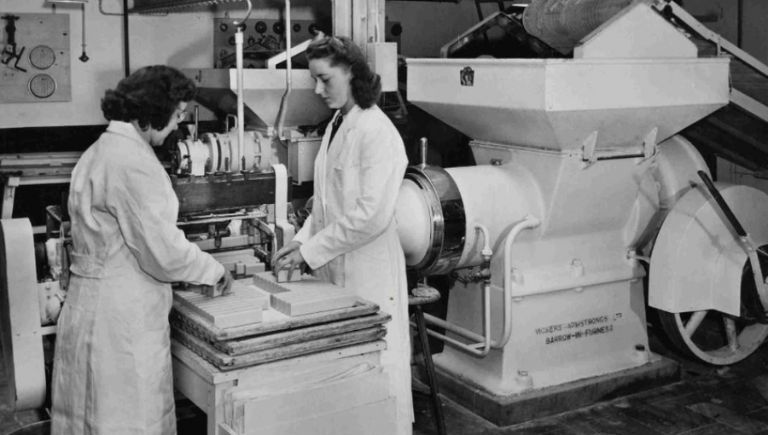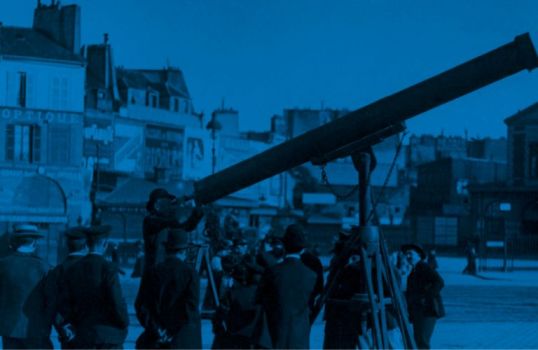We collaborate
Europeana brings together cultural heritage professionals from all domains and from all of Europe through the Europeana Network Association, the Europeana Aggregators’ Forum, diverse projects and partnerships and a programme of physical and digital events.
We advocate
Europeana provides the cultural heritage sector with a voice advocating for better digital practices that support openness, transparency and reuse of digital cultural heritage.
We reach audiences
Europeana empowers cultural heritage institutions to connect with existing and new audiences online. We support all cultural heritage institutions to create good quality digital assets in standardised formats, allowing them to share, explore, interrogate and use their collections in ways that fulfil their own 21st century missions.
Millions of cultural heritage items from over 3,500 data providers across Europe are available online via the Europeana website. We work to share and promote this heritage so that it can be used and enjoyed by educators and researchers, creatives and culture lovers across the world. Be inspired by the innovative ways they are enriching educational resources, opening up new areas of research, or creating new art, games and entertainments on our Reuse page.
We build capacity
We provide opportunities for institutions and individuals in the cultural heritage sector to develop their digital skills and practice. Together, we work to raise awareness, build partnerships, enable peer-to-peer working and develop tools, services and events which support cultural heritage organisations in their digital transformation.
We build technology
Europeana develops and maintains technical solutions for showcasing, sharing and using digital cultural heritage. We design our own bespoke products available to all - Europeana, a suite of APIs and Europeana Pro - as well as systems and processes used internally to manage and enrich cultural heritage material.
Our partnerships with technology organisations foster and promote innovation in the cultural heritage sector and help us find new ways to work with, improve and interact with digital culture.
Europeana operates in line with EU policies and strategies in areas such as inclusiveness, gender equality, online accessibility, reuse of public information, promotion of EU research, development and innovation. Our success is dependent on the interplay of the Europeana Initiative and active digitisation strategies by EU Member States. Europeana directly complements and supports the work undertaken by cultural heritage institutions as part of their respective national cultural policies.




